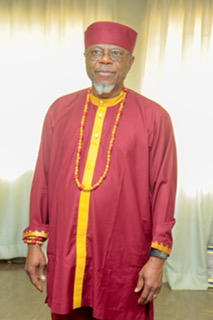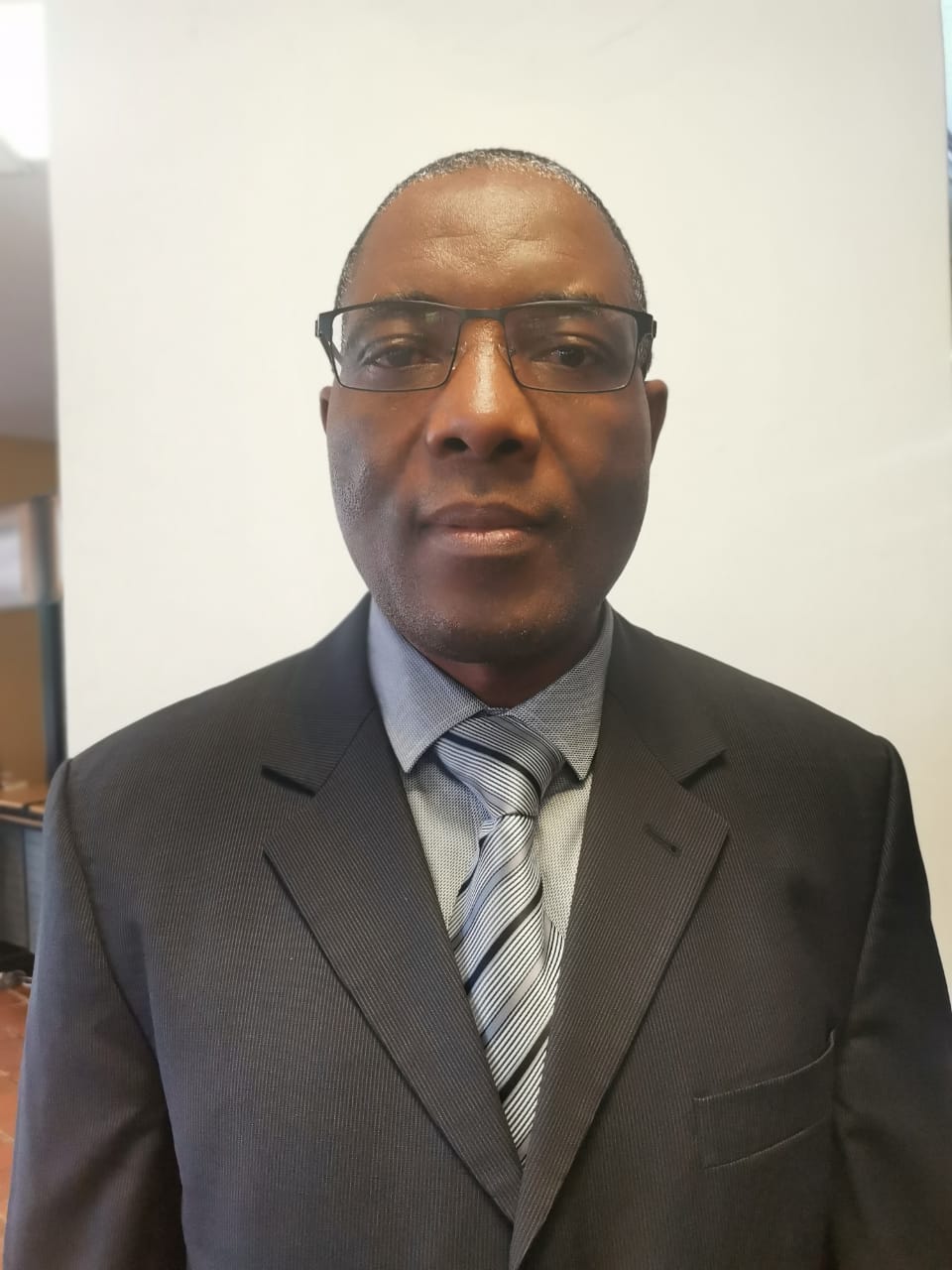By Serges Kamga
One of the most important yet demanding jobs in life is teaching and writing. Teachers, by virtue of their calling, foster the right to education and shoulder the responsibility of transmitting values and information to the learners who are believed to become the leaders of tomorrow. Teaching is difficult generally because it mandates the teachers to involve themselves in many activities in their efforts to become active and relevant in their engagements and management of the students. The teacher becomes the doctor within the four walls of the classroom because they would have to carry out pedagogical but not surgical operations in the minds of their students who would graduate to become valuable to the project of community development. To, therefore, become successful in this engagement, the teacher is required to have sufficient information that they can use to enhance the success of students in all ramifications. At the same time, the teacher is a lawyer, for they are expected to defend the students when faced with consuming challenges in life or the process of their development. Again, teachers, irrespective of their discipline, will have to inconvenience themselves just so that they can become valuable and useful in the lives of their students. There are many other things that the teachers must do in an effort to transform the lives of humans and the human society itself, and they often embrace this very responsibility with open arms. It is difficult to come across humans making invaluable contributions to the human world who have not passed through the tutelage of sound teachers. Interestingly, the responsibilities of a writer are similar to that of a teacher.
Meanwhile, the expectations of excellence from the teachers and writers are not exclusively for the students; human communities also have high expectations of their teachers and writers for obvious reasons. The teachers and writers in every community are their conscience and even their consciousness. Without them, society may be stuck in a stagnant state for a very long time. Writers especially are believed to undertake the mandate of wrestling the soul of the society from the hands of beasts who want to use it for provincial objectives. Falola belongs to the category of writers who have remained committed to helping their homeland to detoxify its organs of things that could potentially bring about its imminent destruction. He has become the champion of ethics. However, it is not unlikely that the human system will take up behaviors and attitudes that are potentially destructive in very many ways. They often do this not because they are unaware of the destructive consequences or potentials of what they are about to do but because they prioritize personal ambitions beyond collective safety or beyond the common good. The responsibility of detoxification, therefore, rests on the human conscience to ask them why they think certain actions are to be considered even despite their knowledge of their possible problems. In a nation, humans are the different organs of the body that take up negative, destructive, and dangerous behaviors because they are calculated to be of immense importance to them, even when it comes to the detriment of society. In the same vein, certain humans are controlled by conscience. In this case, Falola, a writer of international repute, is the conscience of the nation, given his very significant responsibilities. Follow me.

In legal parlance, the State is the duty bearer of human rights. This means it is obliged to ensure that citizens enjoy their rights. Yet, for this to happen, sometimes the state needs to be held accountable and reminded to deliver on its commitments to people. As the conscience of the nation, Falola has been at the forefront of intellectual protest examining efforts and policies of African countries, including his country, Nigeria, in a bid to identify the potential benefits associable with them, and where it is nonexistent, he has always spoken his mind to question the moral rectitude of efforts and decisions of the government. Of course, people are at the center of everything in the human world, to the extent that it is their responsibility to create ideas and values that they believe would bring sanity to the world. Once it is apparent, for example, that they are, however, overcome by selfish ambition, they need to be examined in critical ways so that the decisions of the few would not jeopardize the interest of the collective. This is called “speaking truth to power,” as the well-known Journalist Prof JJ Tabane would say in South Africa. Falola, on many occasions, has subjected to test the policies and interventions of the government not with a view to discrediting the actors in these institutions but to ensure that their contributions are eternally effective to the project of resurgence and emancipation or full enjoyment of human rights. In that case, the writer is conceived as an integral part of society, for he/she offers resourceful contributions to collective issues even when dissatisfied forces threaten his/her position. The sense of right or wrong is not always important to people, especially in situations when they must achieve parochial intentions, but then, if such is allowed without intervention or questioning, it would expose everyone to problems that they could be incapable of solving at some point. Falola has produced knowledge at different phases of his growth, and recently, he has increased his dedication to this mandate, and a couple of them will be examined here.
Falola became an in-expendable voice of emancipatory advocacy through his continued consistency about the place of language in the preservation and access of resources or historical materials needed for contemporary insights. As I argue in my book on Falola’s works, The Complex Interplay between Power, Politics, and African Agency: The Philosophy of Toyin Falola, Falola contends that the otherwise stereotypic sentiment tying African knowledge production to the marginal space has been sustained because there is an archival problem when it comes to accessing the records of epistemic discoveries associated with past Africans. He believes, for example, that the absence of knowledge production linked to Africa has contributed to the emasculation of their intellectual power in the community of intellectuals where ideas are used for the growth of a people. Meanwhile, absence does not signify a lack of existence in this sense; it only showcases that there is a force that challenges its existence in fundamental ways. That force, that is, would be eventually realized as an archival and linguistic barrier that is militating against the recognition of African inputs in the global knowledge economy. Falola reminds his country and the continent at the same time that unless they retrieve knowledge of their ancient time and refine it for contemporary adoption, Africa will continue to be a trashcan for others where they dump ideologically ineffective solutions to the myriad of homemade challenges. For that, there has been a steady reminder to his country that it is important that knowledge mining should start with their conscious efforts to promote Indigenous values so that they can chart new ways to develop in this time and period.
Falola has always been very consistent about the multidimensional nature of Nigerian (and African) leadership problems and has remained with his argument that the nature of power transition has always impeded true growth, especially for Africans. In my examination of power in the works of Falola, I argue that Falola is unequivocal in showing that the transition of power from the Europeans who took it from African kings and queens but bequeathed them to the elites during independence has been a cringing problem for the potentials of the people. He mentions, for example, that African neocolonial leaders have always been victims themselves, but one that basks in the surplus of material wealth, which was enough to silence them. This is what he means. Nigerian and African leaders of the current time benefit from the shamble political structures that they inherited from erstwhile colonial imperialists, and that is the reason for their continued patronage of the system. The structure was dismissive of established and existing indigenous systems, and its survival was built on the onslaught of the latter. The power that was taken from the indigenous leaders was, however, returned to the hands of the elites, who themselves are the very creation of the European colonialists. It goes without saying that the unscrupulous government available in the country and the continent is aware of its relative minimum impact, which is where they should have been giving maximum results. They are content with that slow level of development because they do not share the mandate that the traditional leaders have towards their people. This, therefore, helps to remind politicians that much as they might have the interest of the people at heart, they cannot bring home success if they continue to maintain the structures of despondency that they inherited. This is a clear call for the inclusion of the African indigenous system in the governance of African countries, as requested by His Excellency Thabo Mbeki, the former President of South Africa.
The contributions of Falola have continued to penetrate the various disciplines known to man. As a watchdog and conscience of the society, he educates us about the invaluable contribution of women to the development of African epistemic legacies and, thus, calls for the reevaluation of the collective stance against women. Females have always been critical to the growth of the continent, and it goes without saying that what they achieve in Nigerian and African history cannot be underwritten. If anything, they have always been recognized as a very vibrant tool in the making and transmission of knowledge for the benefit of humankind. Beautiful contributions associated with women cannot be overemphasized on the ground that they are not documented in orthographic representation as their male counterparts. And as I argue in my book on Falola’s philosophy, women in recent African history have not been found wanting. More importantly, they have used their forward-looking ability to project a future through the creation and transmission of knowledge. African women are found in the category of educators who used oral mediums to put across their messages, and they have been very instrumental in creating invaluable knowledge useful for humanity at different points in time. For this reason, they do not deserve the marginal space created for them by their male counterparts or through institutions that are erected at different times of human inquiry. Falola ensures that such engagement helps to reiterate the significance of women’s rights and gender equality with specific attention to the role of women in building a worthwhile culture and sustaining a civilization for a very long time. For this, he always reminds society of what they must do in order to make themselves continually relevant and productive. Without a conscience of the nation, the standard of living of people will not improve, and human rights in general will not be worth the paper they are written on.
* Professor Serges Kamga is the Dean of the Law School, University of the Free State, South Africa


